![]() Yayınlanacağı yer Serbia - Sosyal etkileşim ve eğlence - 08 Jun 2024 11:37 - 10
Yayınlanacağı yer Serbia - Sosyal etkileşim ve eğlence - 08 Jun 2024 11:37 - 10
Hej där vänner!
It's another "know more than you knew this morning" type of news. This time, we visit the good old Serbia, in the Balkans.
Some eDom stats first, Serbia occupies a certain spot on this game. It's the 4th most populated country in the world, havinng 193 citizens, and the Serbian Special Forces ties on top of global Military Units, with a total of 40 members. It is the 4th country by total firepower.
Serbia spans over the traditional borders, but occupies parts of Hungary, Italy, whole of Montenegro and parts of Canada, Chile, Uruguay, South States of Nigeria and sunny California.
As of today, Day 73, there are some powerful people residing in Serbia, including Minister of Defence KTZHOOD43 (13th most experienced man in the world), Kaboklo, President Lucious Lyon, Coassss and the president of Communist Party, and the most populous political party in the country, Komunisticka Partija Srbije Speltz. Coming 6th in line is Prime Minister NKSBpro.
President Lucious Lyon is the 19th most decorated man in the world, making him General-Field Marshal. On top of that, he is the No. 20 of total damage globally. Speltz and Kaboklo excel in naval warfare, joining the Serbian President in the naval ranks as Rear Admirals Lower Half *****.
Kaboklo includes himself as strongest and intelligent person, being in the respective top 10, Batasha joining him in the intelligence ranks (top 10).
Another fact about the Komunisticka Partija Srbije is that this is the third most populous party in the entire world, having 40 members!
Ресавска and TUHUAN take two spots in the top 10 of most read newspapers in the world, having 137 and 116 subscribers in total.
Serbia is a complex country, experiencing history, innovation, religion, in its own way. Apart from Rakija, Serbia has some interesting facts. Here are some of them:
1. The Vinča Culture: Europe’s Ancient Civilization
Long before the rise of the Greek and Roman empires, the Vinča culture flourished in the region that is now Serbia. Dating back to between 5700 and 4500 BCE, this Neolithic culture is one of Europe's oldest. The Vinča people are credited with early advancements in metallurgy, agriculture, and even proto-writing. Their settlements, like the ones found at Vinča and Lepenski Vir, offer a glimpse into a sophisticated society with intricate art, pottery, and symbols that predate the written word.

2. Belgrade: A City with Over 115 Wars
Belgrade, the capital of Serbia, has a tumultuous history marked by over 115 wars and 44 reconstructions. This strategic location at the confluence of the Sava and Danube rivers made it a prized possession for various empires, including the Romans, Byzantines, Ottomans, and Austro-Hungarians. The city's resilience is a testament to the endurance and spirit of its people.
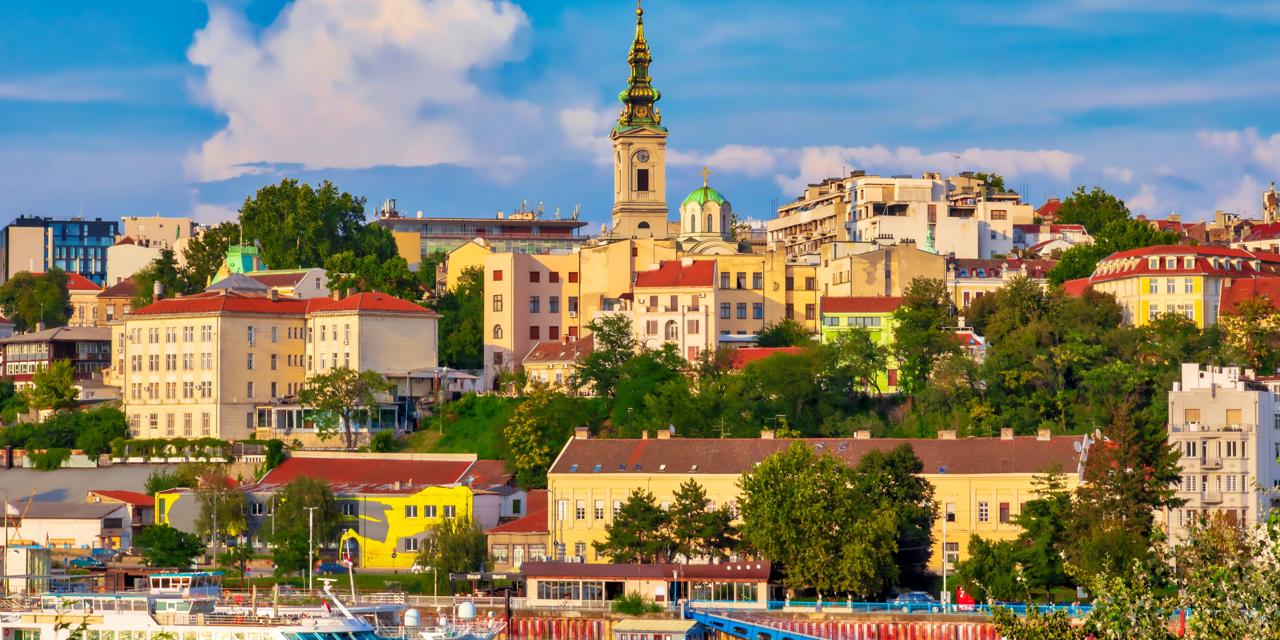
3. The Serbian Orthodox Church: Guardians of Tradition
The Serbian Orthodox Church has played a crucial role in preserving Serbian identity through centuries of foreign domination. Established in 1219 by Saint Sava, the church became an independent religious authority, fostering a unique Serbian culture and literacy. The Monastery of Hilandar on Mount Athos and the Studenica Monastery are UNESCO World Heritage sites that embody the spiritual and cultural heritage nurtured by the church.
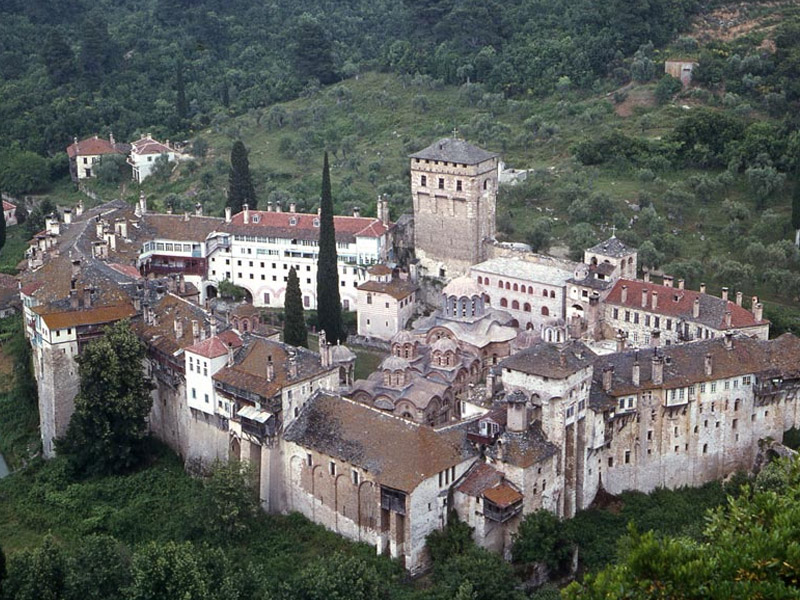
4. Nikola Tesla: The Serbian Genius
While often associated with the United States, Nikola Tesla, one of history’s greatest inventors, was born to Serbian parents in Smiljan, then part of the Austrian Empire (modern-day Croatia). Tesla’s pioneering work in electromagnetism and wireless transmission has left an indelible mark on modern technology. His Serbian heritage is a source of immense pride, and his legacy is celebrated throughout Serbia, particularly in the Nikola Tesla Museum in Belgrade.
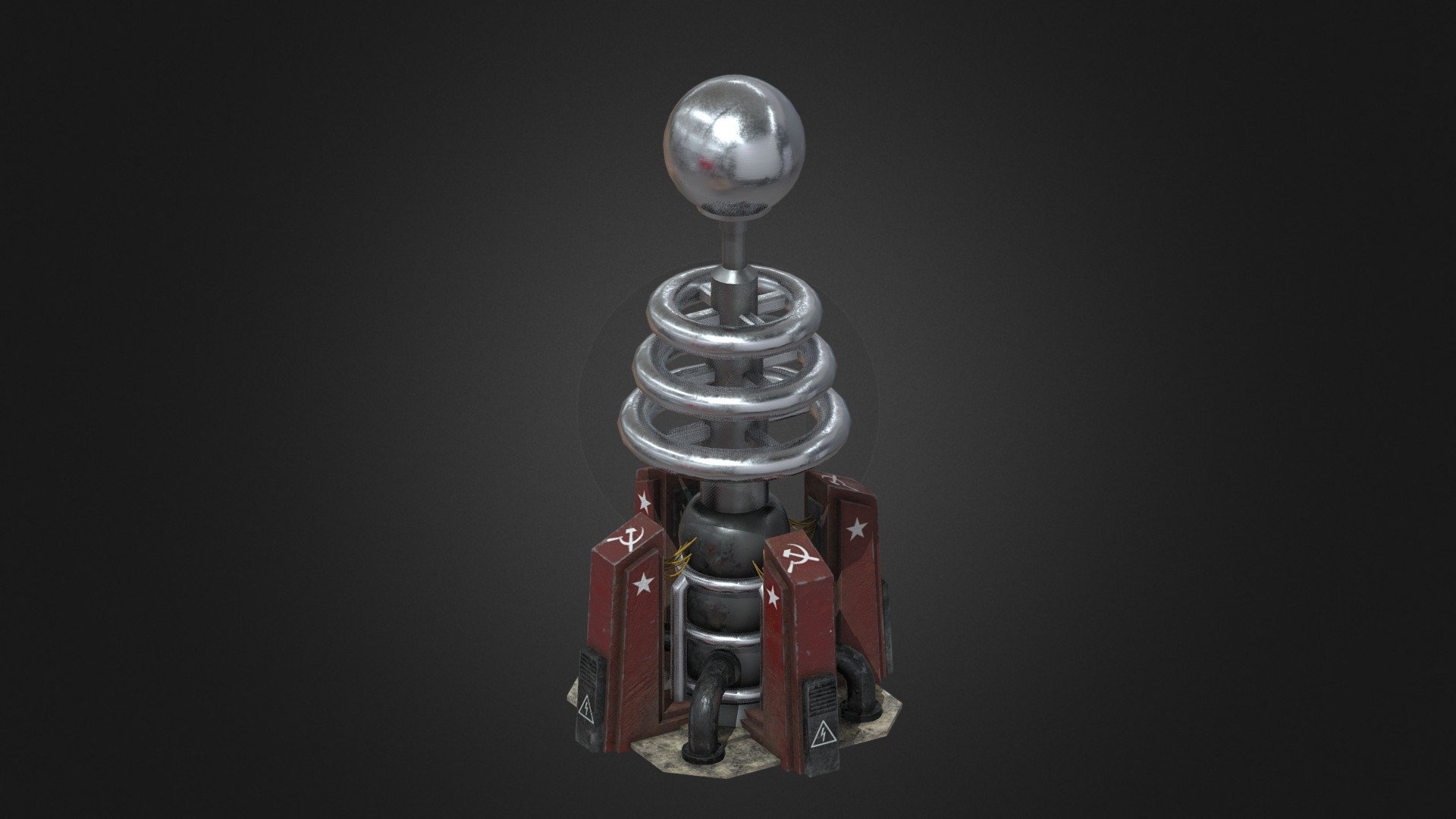
5. The First Serbian Uprising and Modern Europe
The First Serbian Uprising in 1804 against Ottoman rule is a significant, yet often overlooked, event that contributed to the reshaping of Europe. Led by Đorđe Petrović, known as Karađorđe, the uprising was part of a broader movement of national awakenings across the continent. It eventually led to the establishment of the semi-independent Principality of Serbia, paving the way for the modern Serbian state.

6. World War I: The Catalyst of Conflict
The assassination of Archduke Franz Ferdinand of Austria in Sarajevo by Gavrilo Princip, a Bosnian Serb, is well-known as the event that triggered World War I. However, less known is Serbia's pivotal role in the war. Despite being significantly outnumbered and facing immense hardships, Serbia's military efforts were crucial in the Balkan front. The legacy of these efforts is still remembered in the heroic tales of battles like the one at Cer Mountain, where the Serbian army achieved the first Allied victory of the war.
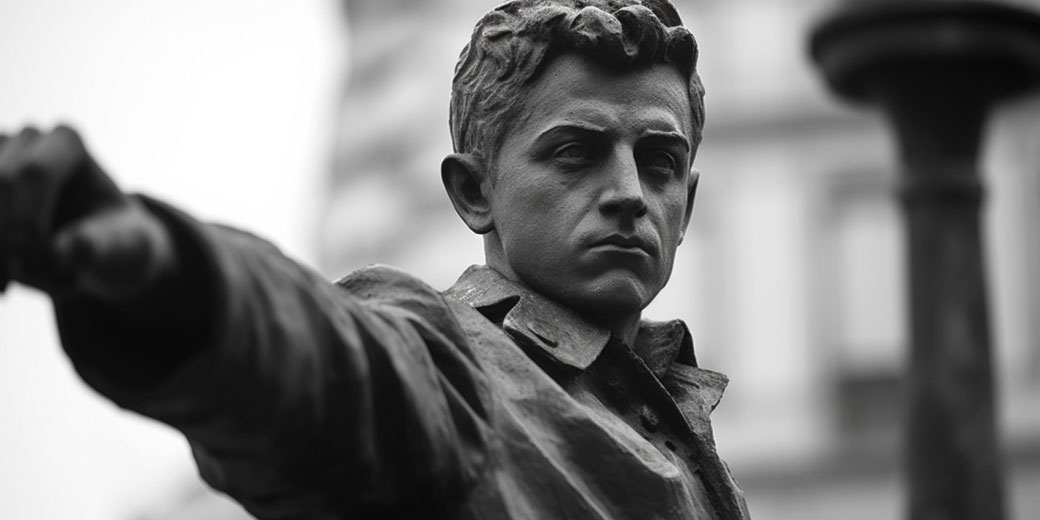
7. The Kingdom of Yugoslavia: A Complex Union
In the aftermath of World War I, Serbia played a leading role in the formation of the Kingdom of Serbs, Croats, and Slovenes, later known as Yugoslavia. This complex and ambitious union sought to unite various South Slavic peoples under a single state. Despite its ultimate dissolution in the 1990s, the period of Yugoslavia remains a significant chapter in Serbian and regional history, reflecting both the challenges and aspirations of multi-ethnic coexistence.

8. Serbian Contributions to Global Culture and Science
Beyond Tesla, many Serbs have made significant contributions to global culture and science. Mihajlo Pupin, a physicist and physical chemist, was instrumental in the development of long-distance telephone communication. In literature, Ivo Andrić, a Yugoslav writer of Serbian and Croat heritage, won the Nobel Prize in Literature in 1961 for his epic novel "The Bridge on the Drina," which captures the complex history of the Balkans.

9. The Battle of Kosovo
The Battle of Kosovo, fought on June 28, 1389, between the Serbian army led by Prince Lazar and the Ottoman forces under Sultan Murad I, was a pivotal moment in Balkan history. Despite heavy losses on both sides and no decisive victor, the battle symbolized Serbian resistance and heroism, profoundly shaping national identity and historical memory for centuries.

10. The Resilience of Serbian Language and Identity
Despite centuries of foreign rule and cultural suppression, the Serbian language and national identity have endured. The development of the Cyrillic alphabet by Saints Cyril and Methodius in the 9th century and its adaptation by Serbian scholars helped preserve the Serbian language and literature. Works like the "Miroslav Gospel," one of the oldest and most beautiful Serbian manuscripts, highlight the literary and cultural achievements that have survived through the ages.
If you really learned something today, please vote my article and subscribe, as more nations will be analyzed in the future.
P.S. During the editing of this article, Lucious Lyon has been impeached (resigned) from the Serbian Presidency, and currently is ex President.
Anyway, I hope you liked the article,

It's another "know more than you knew this morning" type of news. This time, we visit the good old Serbia, in the Balkans.
Some eDom stats first, Serbia occupies a certain spot on this game. It's the 4th most populated country in the world, havinng 193 citizens, and the Serbian Special Forces ties on top of global Military Units, with a total of 40 members. It is the 4th country by total firepower.
Serbia spans over the traditional borders, but occupies parts of Hungary, Italy, whole of Montenegro and parts of Canada, Chile, Uruguay, South States of Nigeria and sunny California.
As of today, Day 73, there are some powerful people residing in Serbia, including Minister of Defence KTZHOOD43 (13th most experienced man in the world), Kaboklo, President Lucious Lyon, Coassss and the president of Communist Party, and the most populous political party in the country, Komunisticka Partija Srbije Speltz. Coming 6th in line is Prime Minister NKSBpro.
President Lucious Lyon is the 19th most decorated man in the world, making him General-Field Marshal. On top of that, he is the No. 20 of total damage globally. Speltz and Kaboklo excel in naval warfare, joining the Serbian President in the naval ranks as Rear Admirals Lower Half *****.
Kaboklo includes himself as strongest and intelligent person, being in the respective top 10, Batasha joining him in the intelligence ranks (top 10).
Another fact about the Komunisticka Partija Srbije is that this is the third most populous party in the entire world, having 40 members!
Ресавска and TUHUAN take two spots in the top 10 of most read newspapers in the world, having 137 and 116 subscribers in total.
Serbia is a complex country, experiencing history, innovation, religion, in its own way. Apart from Rakija, Serbia has some interesting facts. Here are some of them:
1. The Vinča Culture: Europe’s Ancient Civilization
Long before the rise of the Greek and Roman empires, the Vinča culture flourished in the region that is now Serbia. Dating back to between 5700 and 4500 BCE, this Neolithic culture is one of Europe's oldest. The Vinča people are credited with early advancements in metallurgy, agriculture, and even proto-writing. Their settlements, like the ones found at Vinča and Lepenski Vir, offer a glimpse into a sophisticated society with intricate art, pottery, and symbols that predate the written word.

2. Belgrade: A City with Over 115 Wars
Belgrade, the capital of Serbia, has a tumultuous history marked by over 115 wars and 44 reconstructions. This strategic location at the confluence of the Sava and Danube rivers made it a prized possession for various empires, including the Romans, Byzantines, Ottomans, and Austro-Hungarians. The city's resilience is a testament to the endurance and spirit of its people.

3. The Serbian Orthodox Church: Guardians of Tradition
The Serbian Orthodox Church has played a crucial role in preserving Serbian identity through centuries of foreign domination. Established in 1219 by Saint Sava, the church became an independent religious authority, fostering a unique Serbian culture and literacy. The Monastery of Hilandar on Mount Athos and the Studenica Monastery are UNESCO World Heritage sites that embody the spiritual and cultural heritage nurtured by the church.

4. Nikola Tesla: The Serbian Genius
While often associated with the United States, Nikola Tesla, one of history’s greatest inventors, was born to Serbian parents in Smiljan, then part of the Austrian Empire (modern-day Croatia). Tesla’s pioneering work in electromagnetism and wireless transmission has left an indelible mark on modern technology. His Serbian heritage is a source of immense pride, and his legacy is celebrated throughout Serbia, particularly in the Nikola Tesla Museum in Belgrade.

5. The First Serbian Uprising and Modern Europe
The First Serbian Uprising in 1804 against Ottoman rule is a significant, yet often overlooked, event that contributed to the reshaping of Europe. Led by Đorđe Petrović, known as Karađorđe, the uprising was part of a broader movement of national awakenings across the continent. It eventually led to the establishment of the semi-independent Principality of Serbia, paving the way for the modern Serbian state.

6. World War I: The Catalyst of Conflict
The assassination of Archduke Franz Ferdinand of Austria in Sarajevo by Gavrilo Princip, a Bosnian Serb, is well-known as the event that triggered World War I. However, less known is Serbia's pivotal role in the war. Despite being significantly outnumbered and facing immense hardships, Serbia's military efforts were crucial in the Balkan front. The legacy of these efforts is still remembered in the heroic tales of battles like the one at Cer Mountain, where the Serbian army achieved the first Allied victory of the war.

7. The Kingdom of Yugoslavia: A Complex Union
In the aftermath of World War I, Serbia played a leading role in the formation of the Kingdom of Serbs, Croats, and Slovenes, later known as Yugoslavia. This complex and ambitious union sought to unite various South Slavic peoples under a single state. Despite its ultimate dissolution in the 1990s, the period of Yugoslavia remains a significant chapter in Serbian and regional history, reflecting both the challenges and aspirations of multi-ethnic coexistence.

8. Serbian Contributions to Global Culture and Science
Beyond Tesla, many Serbs have made significant contributions to global culture and science. Mihajlo Pupin, a physicist and physical chemist, was instrumental in the development of long-distance telephone communication. In literature, Ivo Andrić, a Yugoslav writer of Serbian and Croat heritage, won the Nobel Prize in Literature in 1961 for his epic novel "The Bridge on the Drina," which captures the complex history of the Balkans.

9. The Battle of Kosovo
The Battle of Kosovo, fought on June 28, 1389, between the Serbian army led by Prince Lazar and the Ottoman forces under Sultan Murad I, was a pivotal moment in Balkan history. Despite heavy losses on both sides and no decisive victor, the battle symbolized Serbian resistance and heroism, profoundly shaping national identity and historical memory for centuries.

10. The Resilience of Serbian Language and Identity
Despite centuries of foreign rule and cultural suppression, the Serbian language and national identity have endured. The development of the Cyrillic alphabet by Saints Cyril and Methodius in the 9th century and its adaptation by Serbian scholars helped preserve the Serbian language and literature. Works like the "Miroslav Gospel," one of the oldest and most beautiful Serbian manuscripts, highlight the literary and cultural achievements that have survived through the ages.

If you really learned something today, please vote my article and subscribe, as more nations will be analyzed in the future.
P.S. During the editing of this article, Lucious Lyon has been impeached (resigned) from the Serbian Presidency, and currently is ex President.
Anyway, I hope you liked the article,

Bağış
KTZHOOD43KosingasDer KommissarBatashaeVokasieVokasieslam2Yorumlar (10)

New Sub, vote and support. I like it, see you in nexr edition. Good Job 👍

Gdje su kafane ?

one tip Cyrill and Methodious created a Glagolic Alphabet,
Cyrillic alphabet was created by st. Climent ohridski , Bulgarian scholar 

Thanks o7

Beautiful Mehmed Paša Sokolović bridge located in Višegrad, Bosnia and Hercegovina ⚜️.
And calling Ivo Andrić a Serb I very arrogant to an otherwise interesting article. It is like calling Tito Serb. Those two men were living and breathing the Yugoslav ideology.
Good article otherwise o7

@KapetanClank no offence but I didn't know about that, I read he had both heritages, maybe his influences were such. He is a Croat

Nice

Lets not forget to specify that the Vinca culture have nothing to do with modern days serbs or any slavs at all.

learned jack shit but good article



